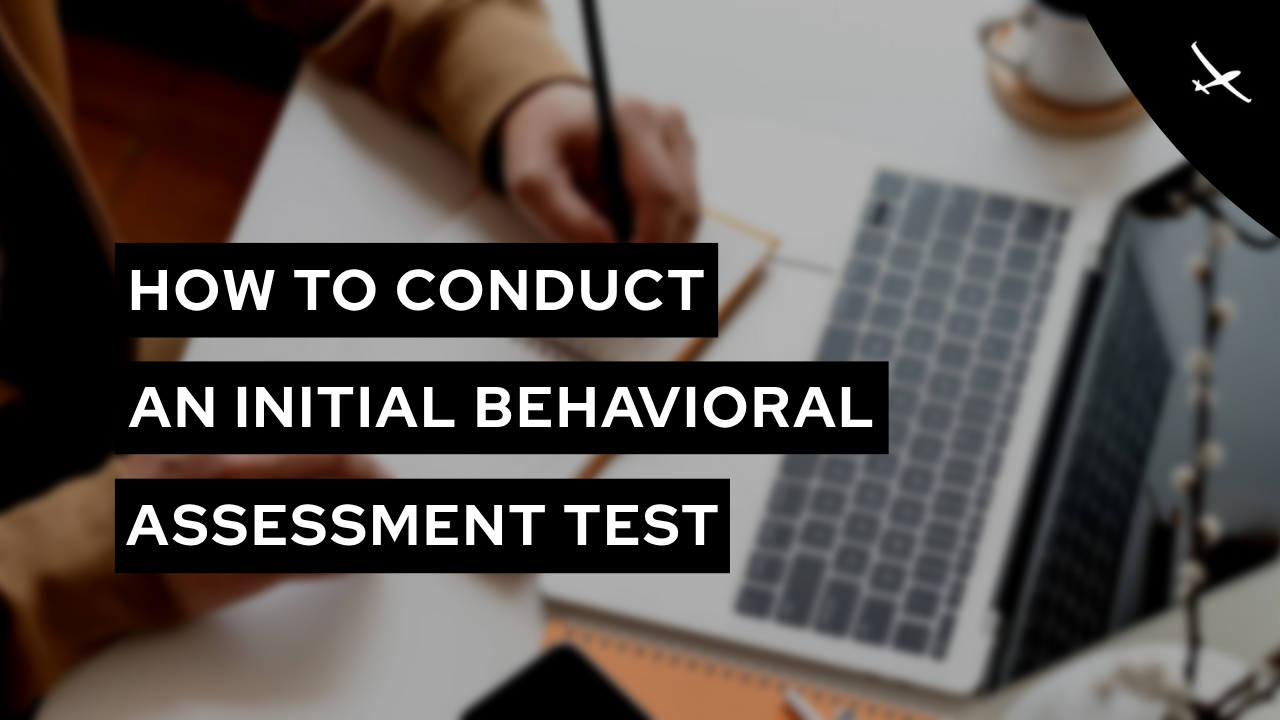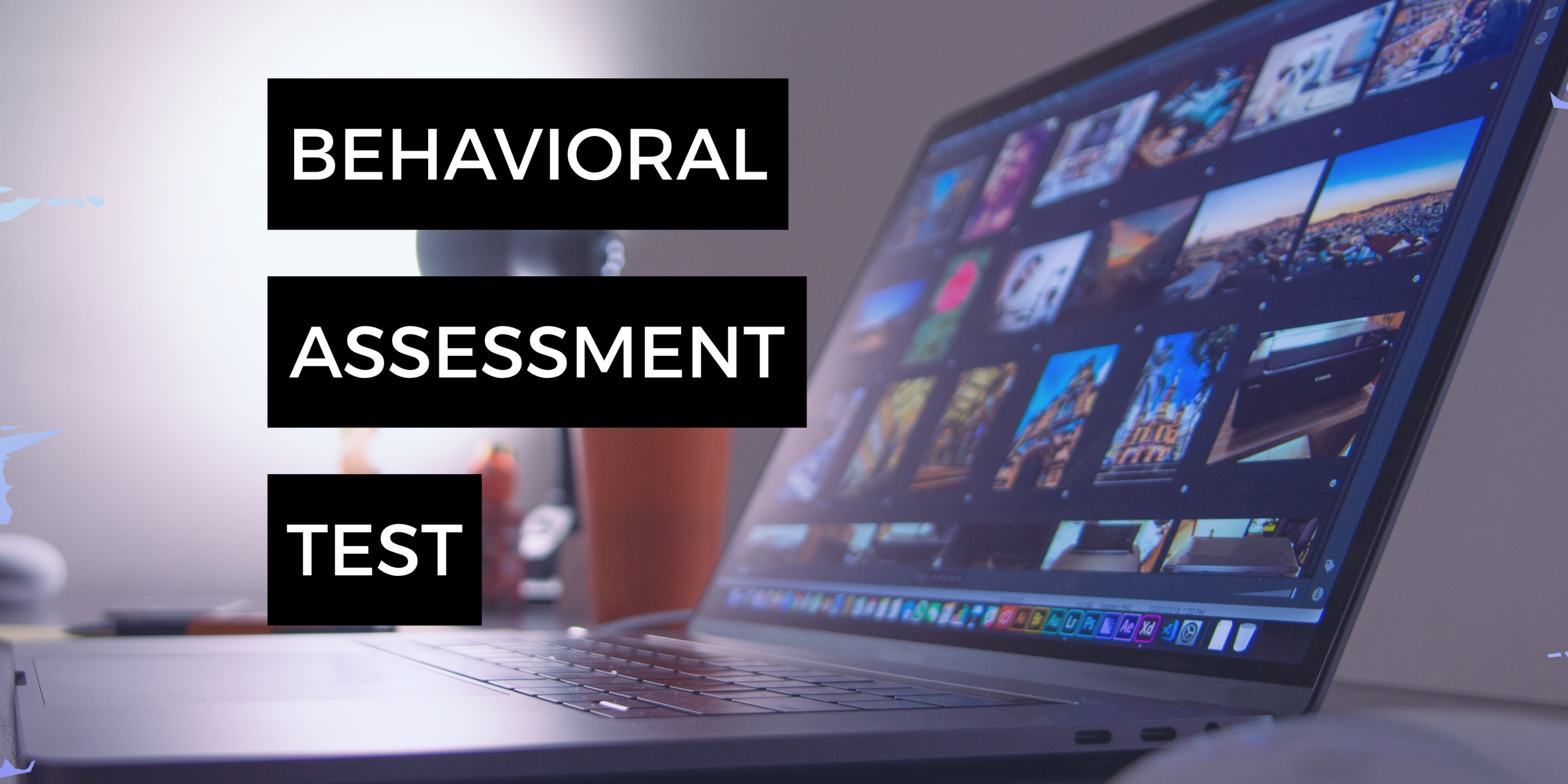
Make talent quality your leading analytic with skills-based hiring solution.

Hiring behavioral consultants can be challenging. Organizations often rely on resumes and interviews to gauge skills, but these methods rarely reveal how a candidate will perform in real-world scenarios. Misjudging traits like problem-solving, adaptability, and interpersonal skills can lead to mis-hires, wasted training efforts, and lower team productivity. How to Conduct a Initial Behavioral Assessment Test is a crucial step that ensures you identify the right candidate from the start.
An initial assessment goes beyond credentials and certifications. How to Do an Initial Assessment for Behavioral Consultants: Overview provides a structured way to measure a candidate’s core competencies, helping you predict how they will interact with clients, collaborate with teams, and handle challenging situations. By using a behavioral test, hiring teams can objectively evaluate traits that matter most for success in consulting roles.
Understanding the importance of early assessment is crucial for hiring managers. According to IndustryWeek, 46% of newly hired employees fail within their first 18 months, largely due to poor interpersonal and behavioral skills rather than technical ability. A structured behavioral assessment test reduces this risk by focusing on measurable traits rather than subjective impressions.
Key benefits of an initial behavioral assessment include:
A clear process ensures your behavioral assessment is effective and actionable. Follow these steps:
Behavioral consultants must exhibit a wide range of professional traits that go beyond technical expertise. During the initial assessment, focus on:
| Communication and active listening | Essential for understanding client needs |
| Conflict resolution and negotiation | Ability to navigate challenging situations |
| Emotional intelligence and empathy | Predicts team and client rapport |
| Analytical reasoning and problem-solving | Ensures thoughtful recommendations |
| Adaptability and resilience | Handles dynamic client environments effectively |
To get meaningful results, hiring teams should:
Implementing an initial behavioral assessment offers measurable outcomes:
An initial behavioral assessment for behavioral consultants goes beyond simply screening candidates. It provides a structured and systematic way to understand how individuals respond to real-world challenges, communicate effectively with clients, and collaborate efficiently within teams. By evaluating traits like problem-solving, adaptability, interpersonal skills, emotional intelligence, and resilience, organizations gain a clearer picture of candidates’ potential fit for both the role and overall company culture. Traditional hiring methods, relying solely on resumes, cover letters, and interviews, often miss these subtle but critical indicators, leading to mismatches that negatively affect performance, team cohesion, and long-term retention. Behavioral assessments bridge this gap by offering objective, data-driven insights from the very start.
1. What is the difference between a behavioral assessment and a personality test?
A behavioral assessment evaluates how a candidate is likely to act in specific work-related scenarios, focusing on competencies such as communication, adaptability, and problem-solving. A personality test, on the other hand, measures general traits and preferences that are not always tied to job performance. Behavioral assessments are more predictive of real-world consulting success.
2. When should the initial behavioral assessment be conducted during the hiring process?
It should be conducted early, right after resume screening and before the main interview. This ensures hiring teams have objective data to guide interview questions and avoid bias during later stages of evaluation.
3. Are behavioral assessments suitable for both junior and senior positions?
Yes. While competencies may vary by seniority, the core behavioral indicators such as client handling, communication, and problem-solving remain relevant across all levels. Assessments can be calibrated to match the expectations of each role.
4. How long does an initial behavioral assessment usually take?
Most structured behavioral assessments range from 20 to 45 minutes, depending on the number of scenarios and competencies measured. Scenario-based or case-study assessments may take slightly longer.
5. Can behavioral assessments be customized for specific consulting domains?
Absolutely. Assessments can be tailored for areas such as HR consulting, financial consulting, operational consulting, or strategy consulting. Customization ensures the scenarios and competencies align with the unique demands of the role.

Understand People Beyond Resumes Behavioral Assessment Tests for Better Hiring DecisionsA behavioral assessment test gives you the clarity to choose candidates who will thrive, not just survive. Hiring the right candidate is about more than technical skills. A behavioral assessment test helps you understand how candidates think, react, and adapt in real work situations. By […]